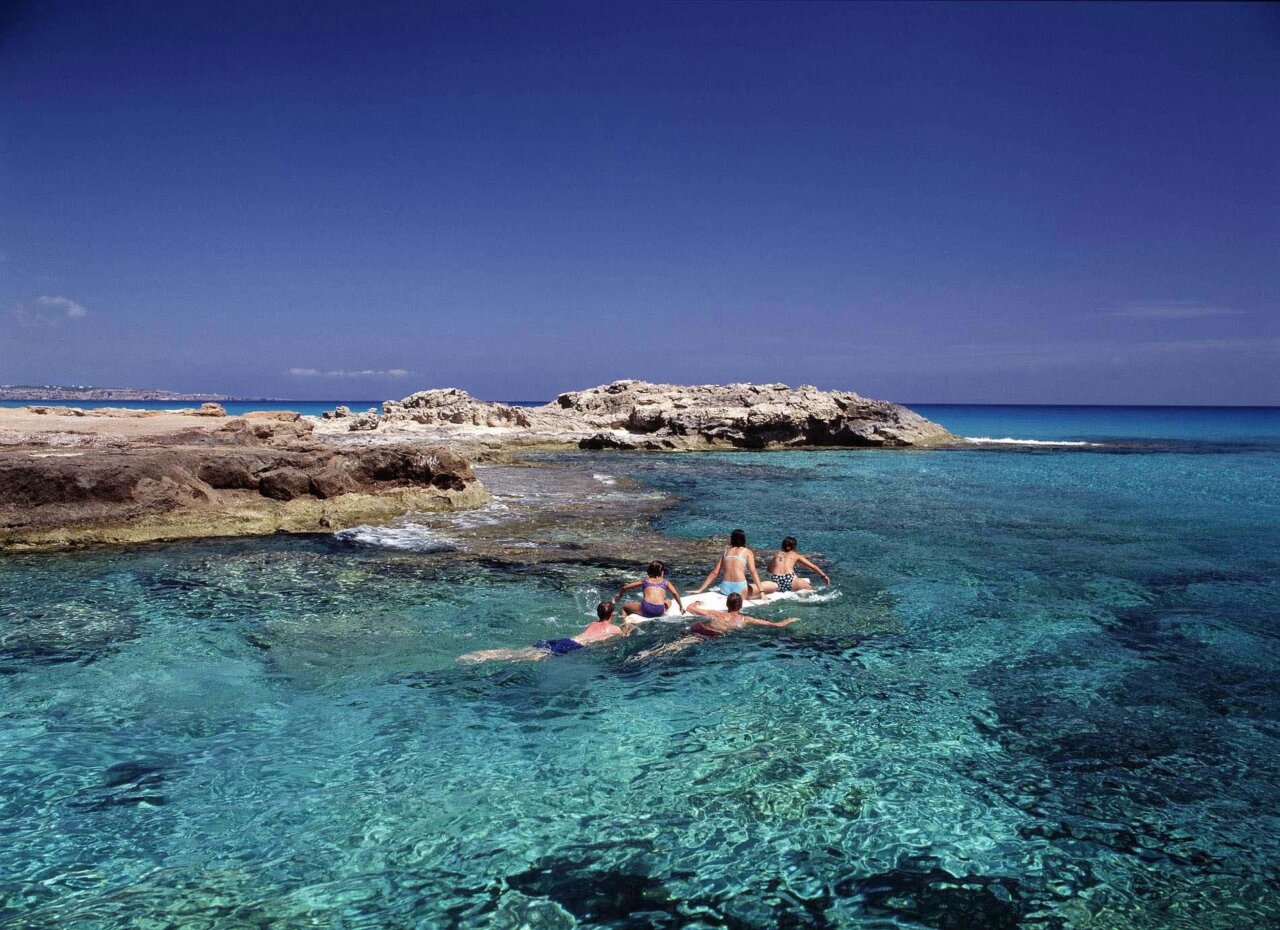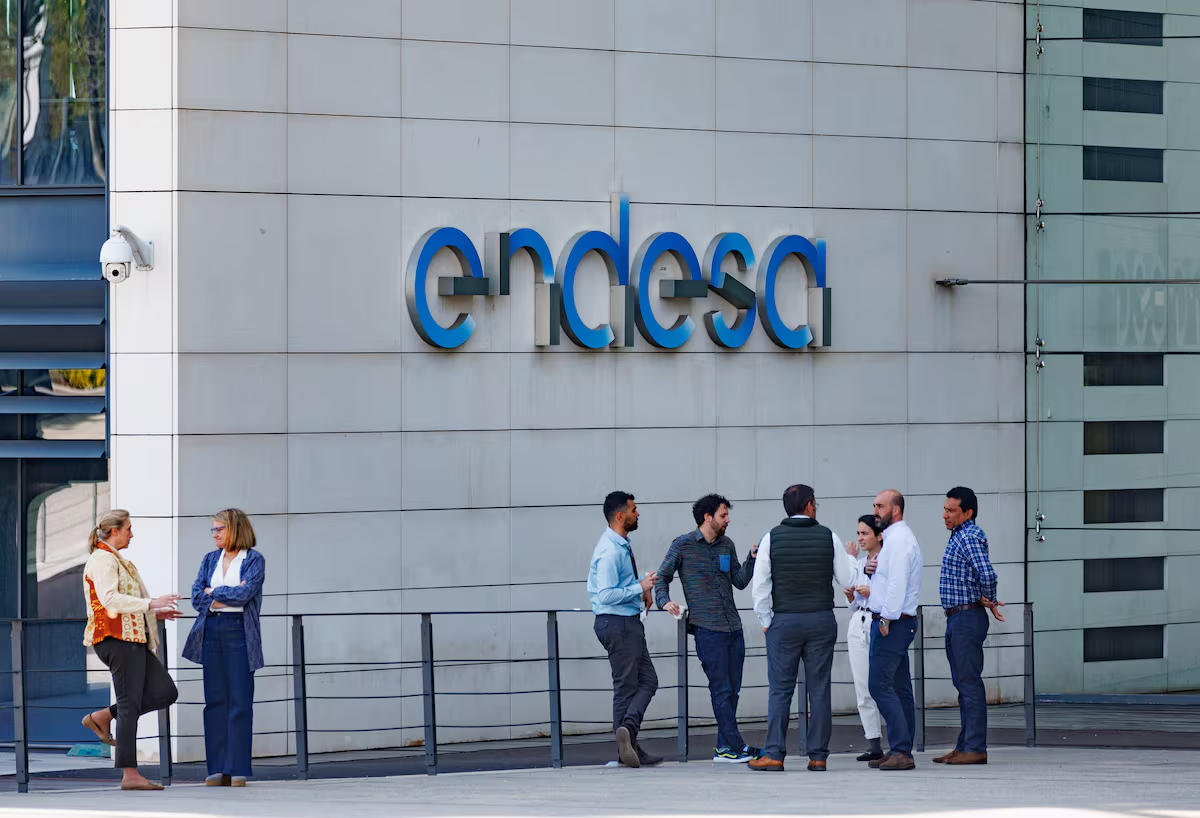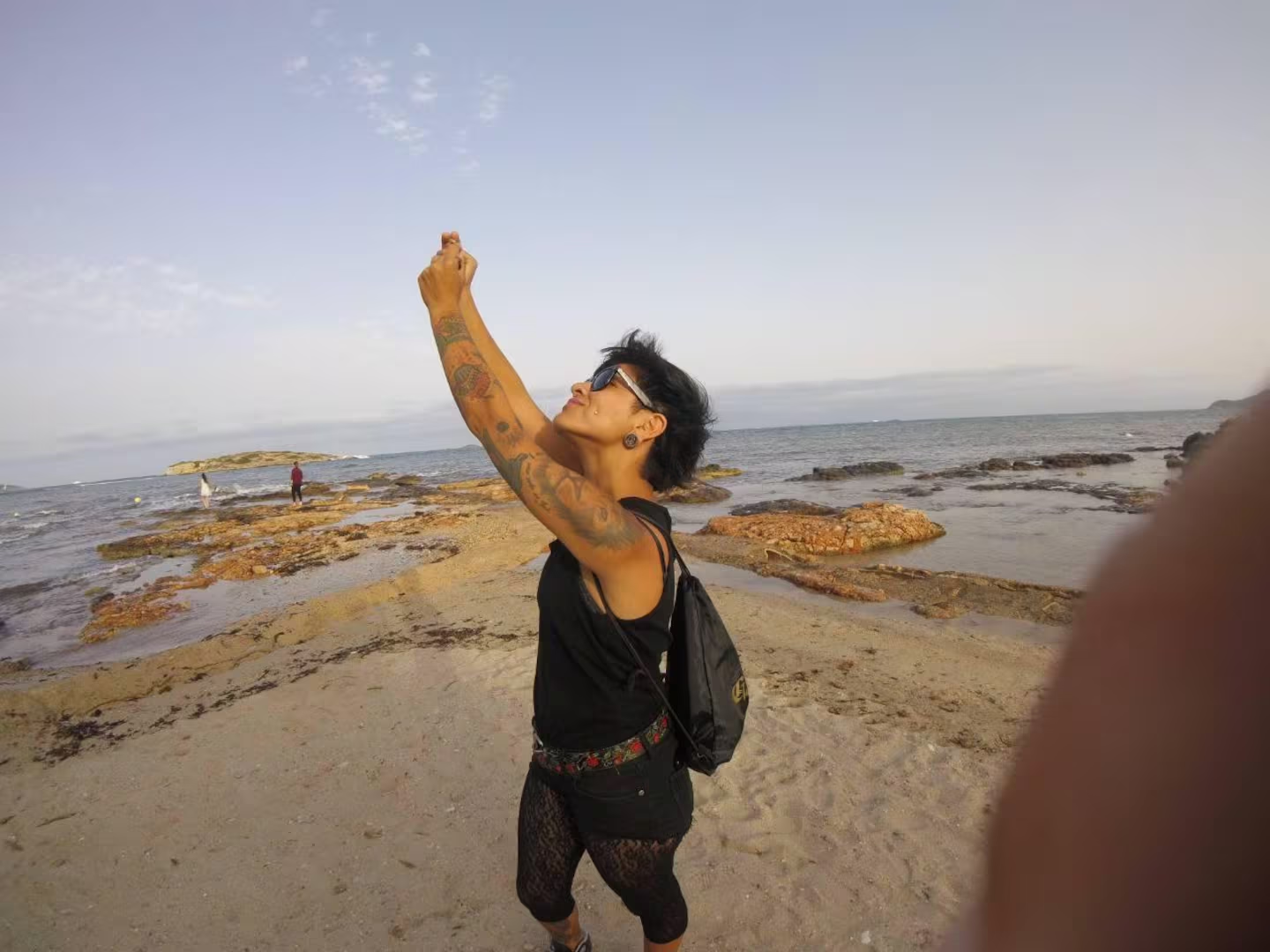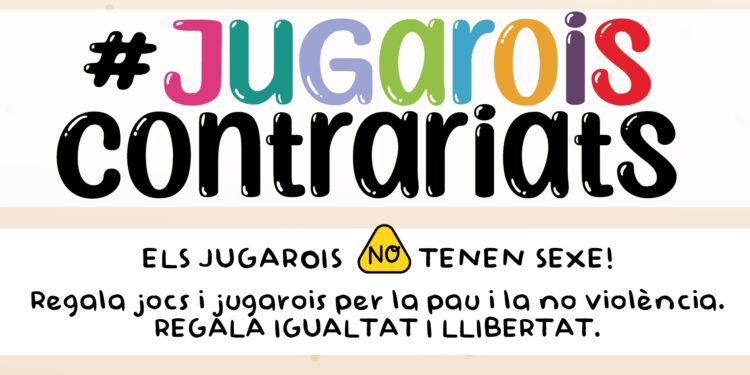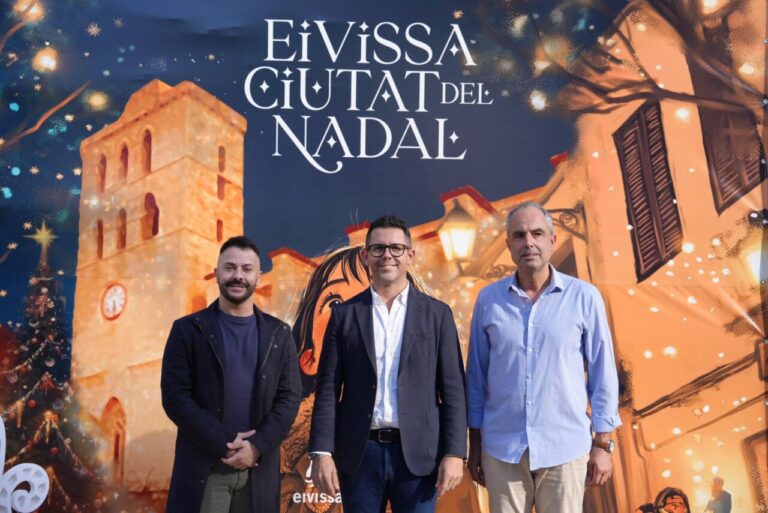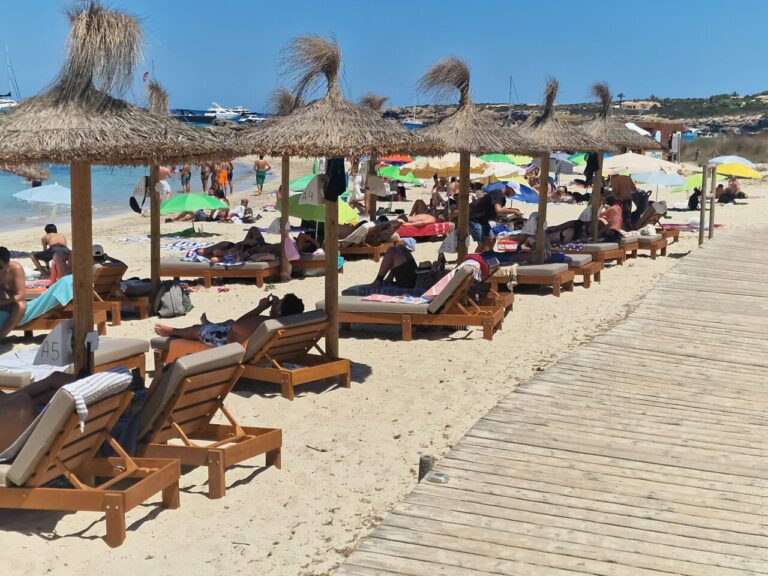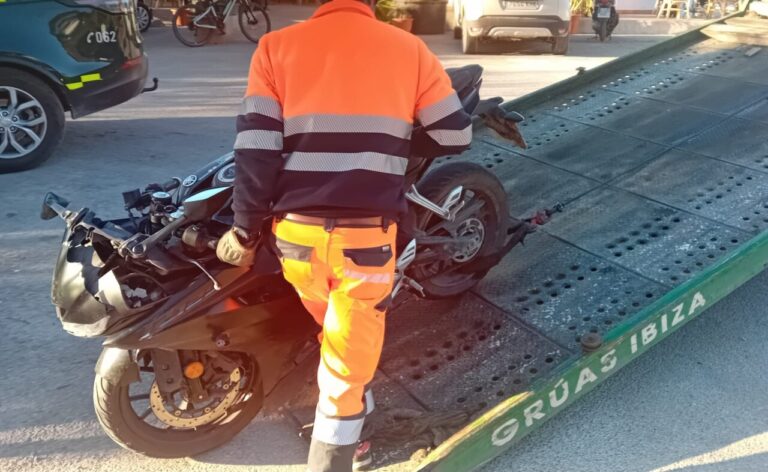Formentera continues to make progress in its goal of diversifying the origin of its visitors and reducing its historical dependence on the Italian and Spanish markets. This was stated by Juanma Costa, president of the Hotel Association of Formentera, who stressed that the island is increasingly attracting tourists from northern and central Europe, especially from the Nordic countries.
In statements to Radio Illa, Costa explained that this line of work, promoted by the sector for years, is beginning to consolidate. “We are fighting to try to capture markets in these countries,” he said, stressing that this diversification brings stability to the sector and reduces vulnerability to fluctuations in traditional markets.
The president of the hotel employers’ association has assessed the season as “good”, with figures very similar to those of last year and an increase of 3% in employment in the overall summer. A result that confirms the soundness of the island’s tourism model, although accompanied by significant changes in booking habits and in the length of stays.
Costa pointed out that direct booking, without the intermediation of tour operators, is already a fully consolidated practice thanks to the greater availability of flights and the flexibility demanded by travelers. This new behavior benefits the customer, but forces hotels to adapt, as it promotes shorter stays and an increase in the volume of arrivals and departures, which in turn raises operating costs.
As for prices, hoteliers start each season with “expected increases”, although Costa recognizes that the evolution of the market may force them to adjust rates to remain competitive. Despite this, during this summer there has been a slight increase in hotel prices, less than 5%.
The visitor profile, he says, continues to value above all nature, landscape and the condition of the beaches. In addition, he considers that issues that in previous years generated complaints, such as traffic, have improved thanks to the Formentera.eco system, which regulates the entry of vehicles during the busiest months.
However, Costa insists on a recurring demand from the sector: the need to expand the daytime and nighttime leisure offer, which has been insufficient for years.
The hotel president also addressed the perception of certain economic sectors that indicated moments of lower activity during the season. Costa recalled that the hotel sector controls some 7,000 vacancies, but that there are other types of accommodation – such as holiday homes or short-term stays – that also influence the actual influx of visitors.
At this point, he highlighted an emerging trend: some owners are beginning to allocate their properties to the residential market throughout the year. A movement that responds both to the tightening of controls against the illegal tourist offer and the attractiveness that is gaining the long-term rental. According to Costa, if this trend continues, it could help to alleviate the lack of housing on the island, although he qualifies that it is a “slow” process that will take years to consolidate.

